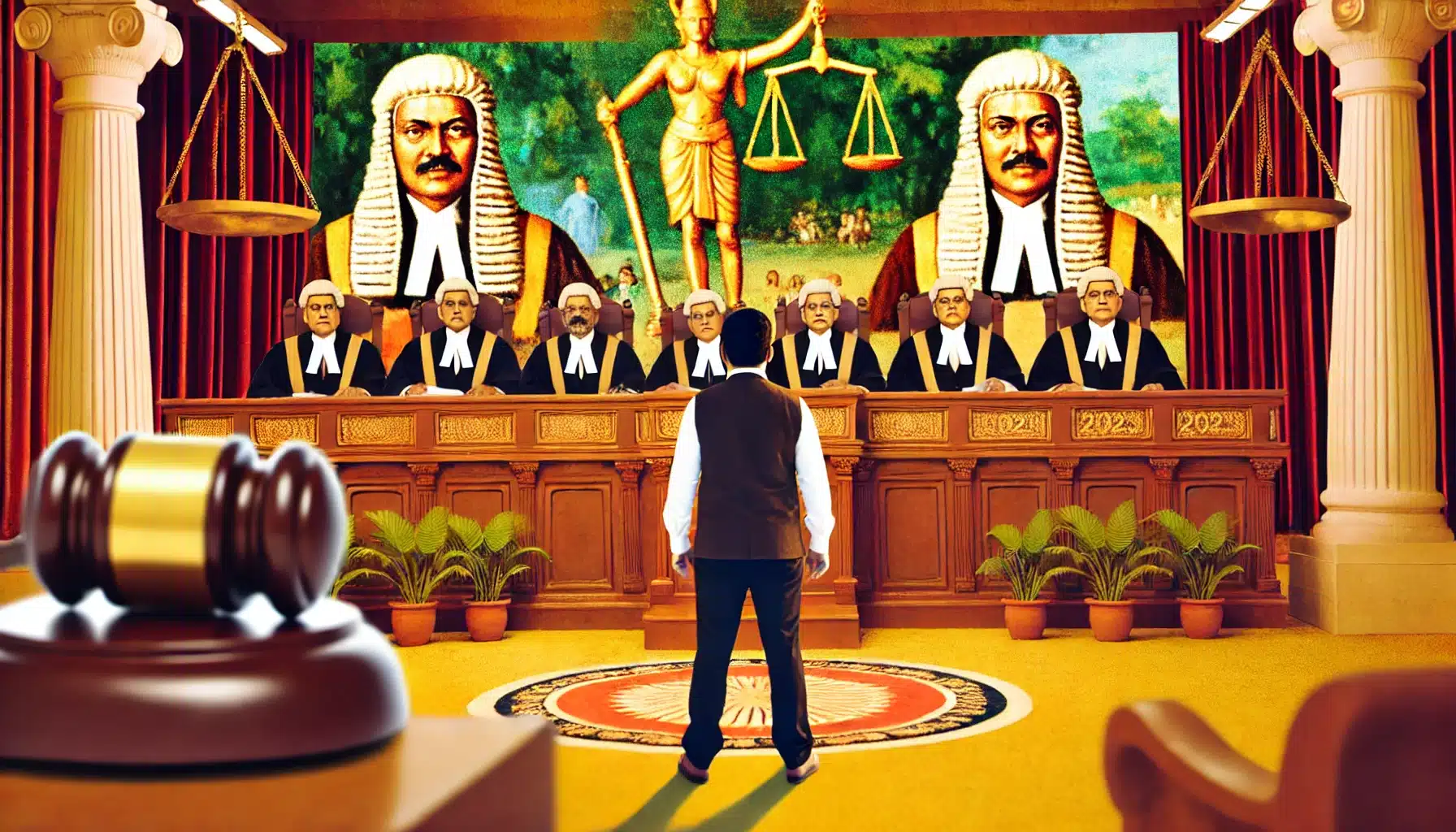The Supreme Court has ruled that ad-hoc service as a lecturer cannot be counted for eligibility under the Career Advancement Scheme (CAS). This decision impacts numerous university lecturers in Rajasthan who sought senior pay scale benefits. The Court clarified that CAS is a policy matter, and ad-ho

In a significant legal ruling, the Supreme Court of India, through a bench comprising Justices Hima Kohli and Ahsanuddin Amanullah, addressed the issue of whether services rendered on an ad-hoc basis by lecturers before their regular appointment as Assistant Professors can be considered for eligibility under the Career Advancement Scheme (CAS). The case stems from a dispute involving several lecturers from the Rajasthan Agricultural University who had served on an ad-hoc basis before being appointed regularly and sought to have that ad-hoc service counted towards their eligibility for senior pay scales under CAS.
Background and Context:
- Career Advancement Scheme (CAS):
Introduced by the Union Government on July 22, 1988, the CAS revised pay scales for university and college teachers retroactively from January 1, 1986. Under CAS, a lecturer who completed eight years of service after a regular appointment was eligible for a senior scale of Rs. 3000-5000. - Rajasthan Government’s Implementation:
The Rajasthan government implemented the CAS, affecting teachers in institutions such as the University of Udaipur (later bifurcated into Rajasthan Agricultural University).
The Case:
- Appointment and Designation History:
- On September 7, 1977, University of Udaipur designated teachers holding junior lecturer posts as Lecturers based on a July 2, 1974 notification.
- The university’s Board of Management resolved on November 24, 1988 to revise pay scales as per the University Grant Commission (UGC) guidelines and designated Lecturers and Research Assistants as Assistant Professors.
- Dispute Details:
- Respondents 1 to 9 had served as Lecturers on an ad-hoc basis in various institutions, including Rajasthan Agricultural University, before their regular appointment as Assistant Professors.
- A May 4, 1989 notification by Rajasthan Agricultural University stated that selected Lecturers and Research Assistants would be designated as Assistant Professors effective January 1, 1973.
- The Rajasthan government later instructed on March 27, 1991 that this designation be rescinded and CAS benefits be extended only to those Assistant Professors selected through regular procedures.
- Legal Proceedings:
- The respondents approached the Rajasthan High Court seeking to count their ad-hoc service towards CAS eligibility.
- A single judge ruled in their favor, which was upheld by a Division Bench, citing the State of Rajasthan v. Milap Chand Jain (2013) ruling, which allowed ad-hoc service to be counted.
- However, the Supreme Court had previously relied on the State of Rajasthan v. Dr. Suresh Chand Agarwal (2011) ruling, which left the question of law open, complicating the matter.
- However, the Supreme Court had previously relied on the State of Rajasthan v. Dr. Suresh Chand Agarwal (2011) ruling, which left the question of law open, complicating the matter.
Supreme Court’s Ruling:
- Rajasthan Government’s Stance:
The government clarified in a September 20, 1994 letter that ad-hoc service would not count towards CAS benefits. - Supreme Court’s Decision:
The Court emphasized that CAS is a policy matter, and the respondents do not have a vested right to interpret it in their favor. It ruled that the High Court was incorrect in counting ad-hoc service towards the eight-year requirement for CAS. - Relief Granted:
The Court ordered that no financial recovery should be made from the respondents. They were granted notional benefits for calculating retiral/service conditions and post-retiral benefits, but without any CAS benefits. The Court also clarified that if the respondents qualify for CAS or any other benefits after completing eight years from their regular appointment, those benefits should not be denied.
Rajasthan Agricultural University, Bikaner, Through its Registrar v. Dr. Zafar Singh Solanki & Ors





